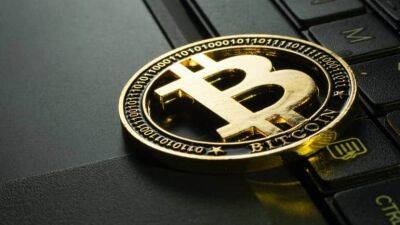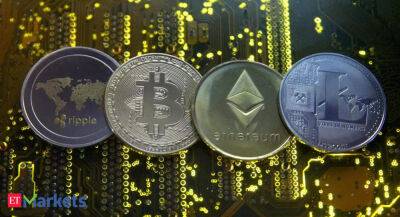High prices and low growth should nip UK and eurozone interest rate rises in the bud
A recession lurks just around the corner. That’s what many economists and financial analysts in the UK and across Europe fear as inflationary pressures collide with the Russian invasion of Ukraine to undermine the post-Covid recovery.
On Monday, the Office for National Statistics will report on how much the UK economy expanded in February. Any chance of matching January’s GDP growth looks optimistic.
Sanjay Raja, senior economist at Deutsche Bank, believes that after January’s rise of 8% – well above most analysts’ expectations – growth will fall to just 0.1% in February, dragged down by a dip in industrial production. “The bad news is that we don’t expect the recent strength in activity to last very long,” he said, adding that a decline in March was also likely, which will mean GDP growth in the first quarter may not even reach 1%.
A contraction in the second quarter is almost certain, given “a bigger jump in energy and food bills, higher taxes, a reversal in Covid health spending, some unwinding of stocks in the manufacturing sector, and the extra June bank holiday”.
Suren Thiru, head of economics at British Chambers of Commerce, said the combined growth rate in January and February would seem like a high-water mark: “When we look at February’s figures, it will feel like we are looking in the rear-view mirror.”
Thiru agrees with Raja that it will be downhill from March for the UK. GDP in the second quarter, from April to June, is likely to contract. Economic convention says that if there is a second quarter of negative growth from July to September, the UK will officially be in a recession.
At the moment, few forecasters are suggesting that the UK is about to experience two consecutive quarters of negative growth, but most
Read more on theguardian.com


















